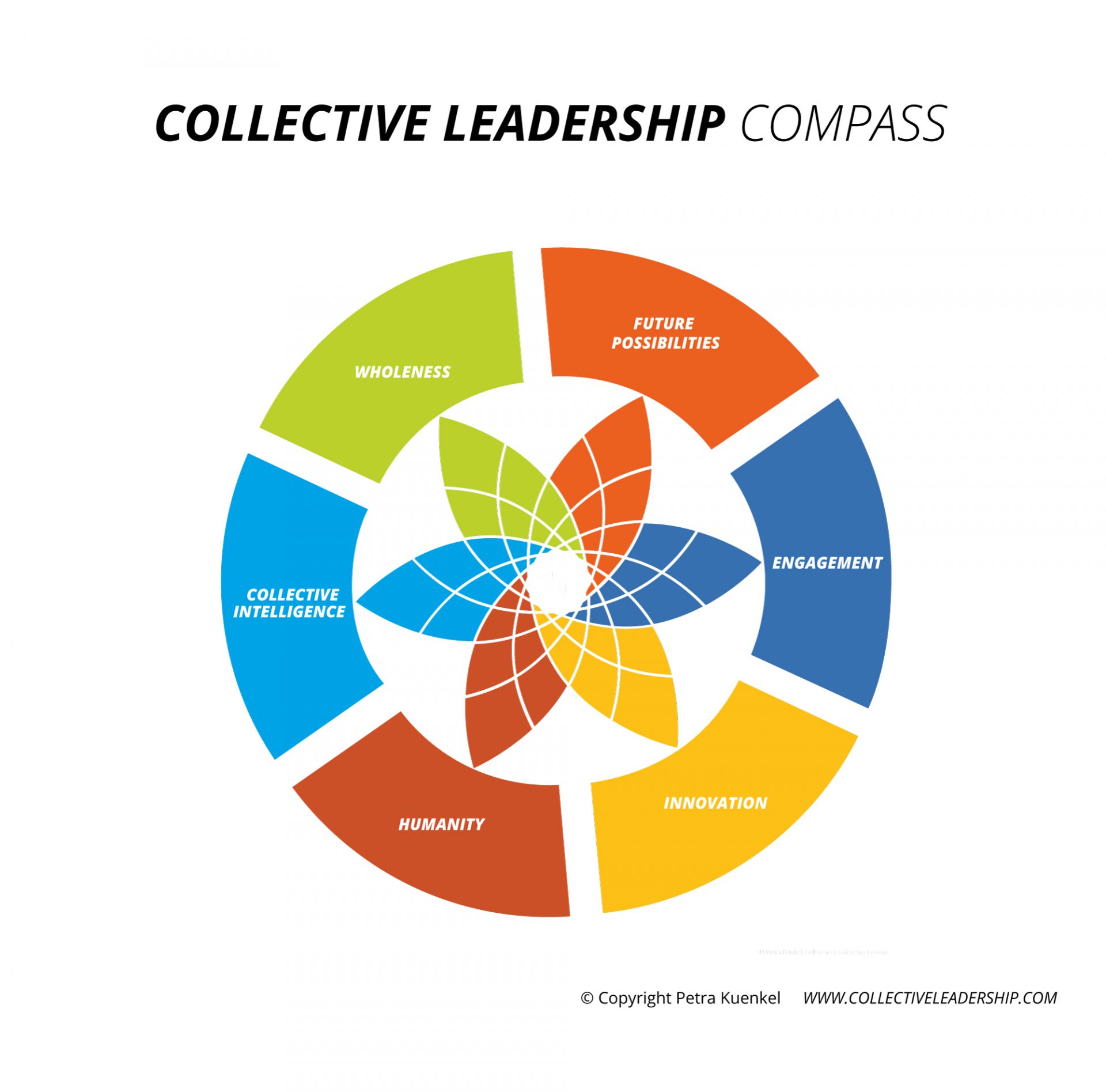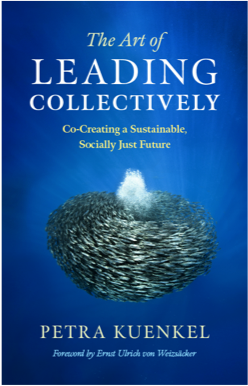At the Collective Leadership Institute, we are driving a paradigm shift. Leadership often refers to the individual, but we need to go beyond the individual and simultaneously build the capacity of groups and systems to move sustainability forwards.
In order to address global challenges, the joint capacity of leaders to become catalysts for change is needed. This includes collective action, dialogue, and co-operation. The aspect of collectivity adds a new dimension to our understanding of leadership. Personal passion coupled with the ability to build communities of change-makers who collaboratively lead issues, change initiatives, and networks are crucial to addressing these challenges.
In hierarchical settings, this means inspiring staff to join a larger sustainability vision and foster innovation; in non-hierarchical settings it means collaboratively addressing issues, leading change initiatives, and building networks.
Leadership for sustainability is defined as the conscious bringing forth of a different reality in view of a future world that is ecologically sound, socially just, and economically viable.



